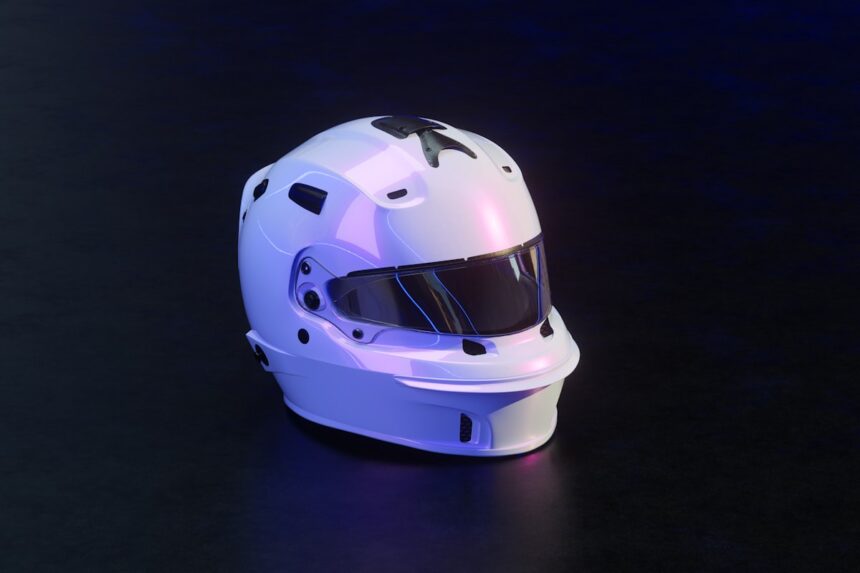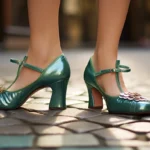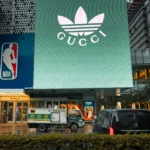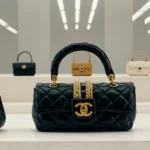Retro-Futurism Reimagined: How Y2K Styles Are Reviving Vintage Fashion with a Sustainable Twist
The Resurgence of Y2K Styles: A Nostalgic Journey into Retro-Futurism
In recent years, fashion has taken a trip down memory lane, with the resurgence of Y2K styles captivating the hearts of fashion enthusiasts worldwide. Y2K, short for the year 2000, was a time of technological advancements and futuristic aspirations. It was an era that embraced bold colors, futuristic silhouettes, and a sense of optimism for the future. Today, Y2K fashion is making a comeback, offering a nostalgic journey into retro-futurism.
The appeal of Y2K fashion lies in its ability to transport us back to a time when the future seemed bright and full of possibilities. It taps into our collective nostalgia for a simpler time, before the rise of social media and the constant connectivity of the digital age. Y2K fashion is characterized by its vibrant colors, shiny fabrics, and futuristic elements such as metallic accents and space-age prints. It is a celebration of individuality and self-expression, allowing people to embrace their unique style and stand out from the crowd.
Sustainable Fashion Meets Y2K: Redefining Vintage Trends for the Modern Era
While Y2K fashion may be rooted in the past, it is being redefined for the modern era with a sustainable twist. As the fashion industry grapples with its environmental impact, many designers and brands are turning to vintage fashion as a solution. By embracing Y2K styles, fashion enthusiasts can not only express their individuality but also contribute to a more sustainable future.
One of the key aspects of sustainable Y2K fashion is the emphasis on second-hand clothing. Thrift stores and online marketplaces have become treasure troves for Y2K enthusiasts, offering a wide range of vintage pieces that can be repurposed and given a new lease on life. By choosing to buy second-hand, fashion lovers can reduce their carbon footprint and support a circular economy.
From Runways to Street Style: How Y2K Fashion is Making a Comeback
Y2K fashion is not just confined to the runways; it is also making a splash in street style. Influencers and fashion enthusiasts are embracing Y2K trends and incorporating them into their everyday looks. From oversized cargo pants and low-rise jeans to chunky platform sneakers and mini backpacks, Y2K fashion is taking over the streets.
Social media platforms like Instagram and TikTok have played a significant role in the resurgence of Y2K fashion. Influencers and content creators are sharing their Y2K-inspired outfits, showcasing how to style vintage pieces in a modern and trendy way. This has created a sense of community among Y2K enthusiasts, inspiring others to embrace the style and make it their own.
Embracing the Past, Building a Sustainable Future: The Eco-Friendly Side of Y2K Fashion
Beyond its nostalgic appeal and trendy aesthetics, Y2K fashion also has an eco-friendly side. By choosing to wear vintage and second-hand clothing, fashion enthusiasts are reducing the demand for new garments and minimizing the environmental impact of the fashion industry. According to the Ellen MacArthur Foundation, extending the life of a garment by just nine months can reduce its carbon, water, and waste footprint by 20-30%.
In addition to supporting a circular economy, Y2K fashion also encourages creativity and individuality. By repurposing and upcycling vintage pieces, fashion lovers can create unique and one-of-a-kind outfits that reflect their personal style. This not only reduces waste but also promotes a more conscious and mindful approach to fashion.
In conclusion, the resurgence of Y2K styles in the fashion industry is a nostalgic journey into retro-futurism. It offers a glimpse into a time when the future seemed bright and full of possibilities. With a sustainable twist, Y2K fashion is redefining vintage trends for the modern era, embracing second-hand clothing and promoting a circular economy. From the runways to street style, Y2K fashion is making a comeback, inspiring fashion enthusiasts to embrace their individuality and build a more sustainable future.








